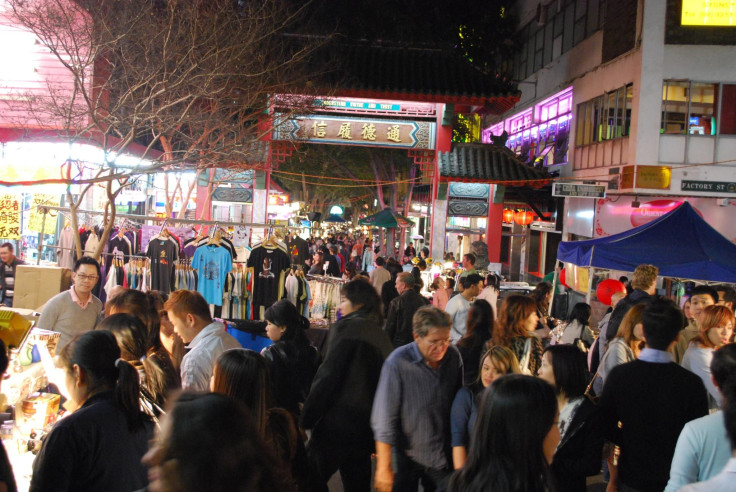Chinatown in Sydney is becoming less Chinese

Chinatowns all over the world are becoming more oriental. There are now Koreans, Thai, Malays, Singaporeans, Japanese and Malaysians in Sydney.
Chinese Historical Society president King Fong said the mixture has changed. It has become more competitive.
The place to go for Yum Cha is at risk due to huge planned developments in the nearby area and the changing socio-economic status of Chinese immigrants, Sydney’s Haymarket Chamber of Commerce president Simon Chan has revealed. Chan arrived in Sydney in 1970. He said there was a fairly close-knit community at that time.
When he walked through Chinatown, he knew everybody. “There’s no way I would be able to do that now,” he said.
Chan explained that due to Sydney’s Haymarket being situated in an area where there will be a huge amount of property development, it will likely become more beneficial for Chinese-Australian business owners in Chinatown to sell up and make way for these new developments, including a new plaza. He hopes that the City of Sydney is looking at the Development Control Plan for Chinatown.
He also hopes that the Chinese character of the area will be maintained. He admitted, though, that as an architect, he thought not all buildings are worth preserving.
Fong, an immigrant from China, is also affected by the generational change. He was eight years old when he arrived in Australia in 1946. He assisted his father in his shop in Chinatown before it was passed down to him.
Fong shared that when his father arrived here, he could not speak English. So he helped him run his business, a fish and chip store that has grown to become a grocery store in Dixon Street.
At that time, all of Chinatown’s business owners belonged to one of eight clans from Guang Dong province. Although some clan owners survive, the business community have issues to face.
According to Fong, his own kids helped him with their family’s business. However, his children stopped when they went to university because they preferred the academic life. He agreed that the world’s Chinatowns are irreversibly changing, becoming less Chinese and more oriental.
He said coming to Australia as a student is expensive. Many of those who come here are usually from wealthy families, so they can afford to pay high rents.
And since they are pretty well off, they are also better educated. “We find that success brings more success,” news.com.au quotes Fong as saying.
Read More:
Aussies who pay cash and don’t get receipt may soon be punished
Australian entrepreneur has a fintech solution to America's student debt crisis
Al Jazeera English/YouTube




















